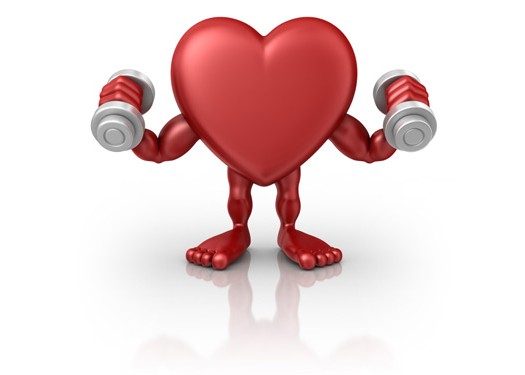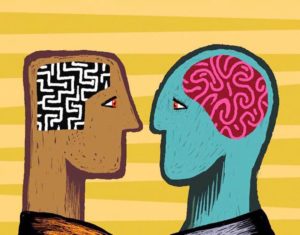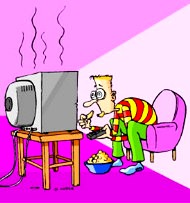Forgiveness is selfish
Sometimes we have the feeling to forgive means to be weak, because it means to agree with the other person. But that's a mistake. Knowing how to forgive is very important for our own welfare, because it means that we let go anger, disappointment and frustation to feel the peace with ourselves.

Anger plays an important role in our lifes, because it informs us of a possible injustice and prepares us for a reaction in defense of our own person. So it is important to verbalize anger or other emotion that someone has caused in us by their behavior or their words.
We can say: " It hurts, if you tell me ... "or" I makes me angry if ... " .
However once the emotion is expressed it is not an advantage to keep the negative emotion within us because we cause unnecessary discomfort to us and people around us.
When the moment aof the first reaction is over, it is important to realize that to feel good again we need no apology from the other person, furthermore we do not need to convince the other person that he or she is wrong. Our own well-being depends only on ourselves. We may decide not to upset anymore because we realize that this what made us angry is the problem of the other and not our problem. In this way we take responsibility for our own emotional well-being that does not depend on anything or anyone except our own thoughts.
Forgiveness does not mean to accept or to agree unjust behavior, it means recognizing that the other person acted in a certain way that made us feel angry, furious, sad etc.. It may help to realize that nobody is perfect, and that we all act in the best way we can and that our own well-being depends only on ourselves.
For more information on the individual personal counseling or therapy contact me:
All the best,
Melanie Gramer





















